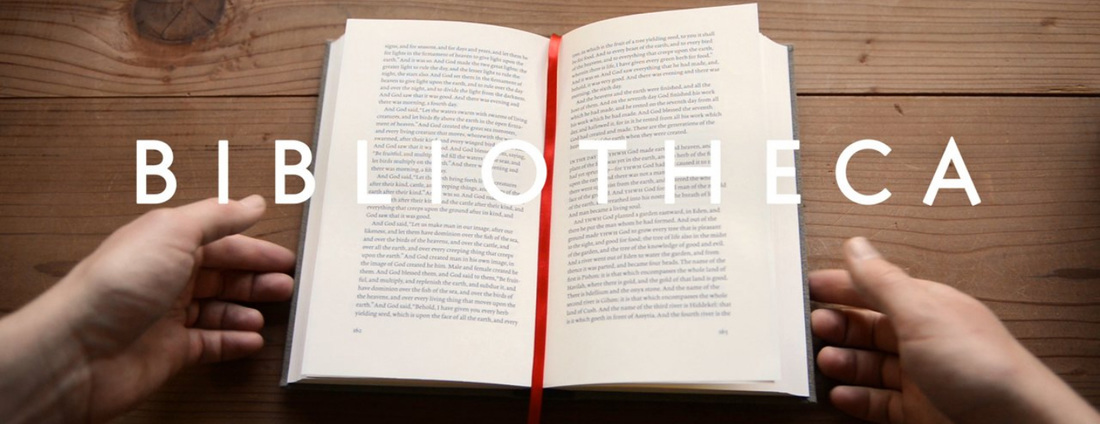
Well, technically it has become a book. But it wasn't a book in the beginning.
What do I mean? The earliest name given to the Bible is “biblia”—a Greek word for multiple “books.” Christians and Jews called the Hebrew prophetic writings “biblia” (Daniel 9:2; 2 Clement 14:2) before either group decided on a complete set of sacred books to use. In the Fifth Century AD Christians applied the term to all the books in the Old and New Testaments. The name “biblia” accurately communicated the variety of books considered Holy Scripture.
However, the plural name “biblia” changed over time into a singular term, translated into English as “the Bible.” That change has caused serious interpretation problems. Treating all the different books in the Bible like they communicate meaning in the same way is a category mistake.

If I got to rename the Bible, I would side with an ancient church father, Jerome.
Jerome is regarded as the smartest and most eloquent Latin-speaking Christian in the first 500 years of the church’s existence. He could operate in multiple languages. He was well-prepared for a task of biblical proportions.
Around 400 AD Jerome worked on a massive project to produce a new Latin translation of the "Biblia." The existing Latin translations lacked clarity and consistency after years of incompetent translators and biased copyists. He called his translations the bibliotheca divina—the Divine Library.
Bibliotheca divina may be the most appropriate title for the Bible ever given. It describes both the common subject of the literature but also the diversity of books in the collection. It prepares you to study different books with different strategies as you listen to God.
The Bible is full of many different types of books. Narratives, poetry, prophecy, law, and wisdom literature make up the Old Testament. Narratives, parables, epistles, and an apocalypse comprise the New Testament. If you interpret the figurative language of poetry like the literal language of an epistle, then you develop strange views of God and the universe. If you think wise sayings in Proverbs are universally true or Old Covenant laws apply today like they did in Israel, the content of your faith and obedience will be distorted.
We must remember the Bible is actually a collection of books. The books have different genres. And each genre requires us to interpret its meaning in a particular way. The themes in narratives, the rhetorical structure of epistles, and the imagery of Apocalypses tell us where to look for meaning. Understanding the characteristics of each genre will mean the difference between meeting God or misrepresenting God when we read the Bible.
To begin exploring basic features of the Bible's 6 major genres, watch the latest videos about Genre Analysis in my online Hermeneutics course.







 RSS Feed
RSS Feed
